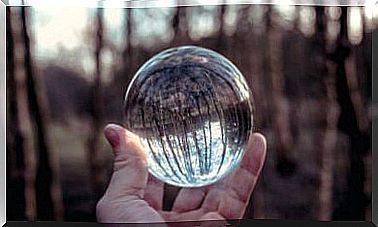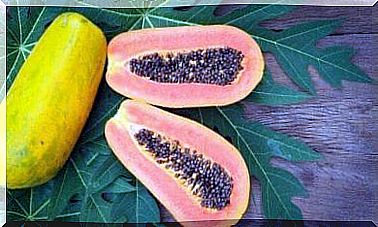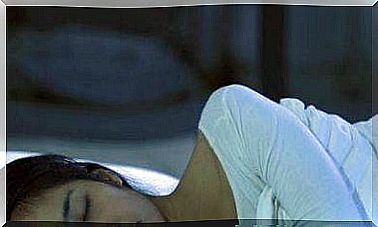9 Things Your Tongue Is Trying To Tell You About Your Health
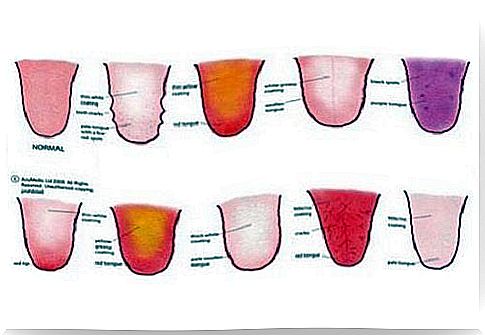
You can sometimes look at your tongue if you have a health problem.
You should not ignore this little body. It can tell you all sorts of things about your health, even through something as simple as its color.
Today we tell you what each color can mean.
1. Strawberry-red
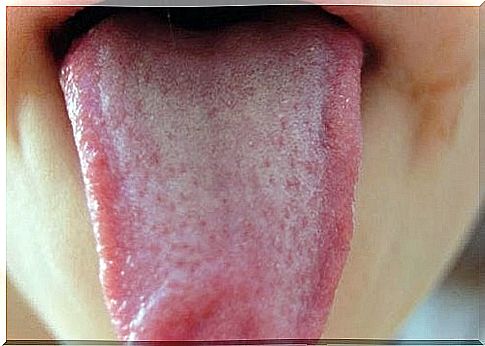
If you look at your tongue and see that it has a strawberry-red color, it may mean that you have a deficiency of certain vitamins. Is it a little shiny? If so, it may be a sign that your diet is deficient in iron and vitamin B12.
In addition, if you notice that your tongue is “flatter” than normal, it may be because your taste buds are starting to become smooth.
In severe cases, you may experience sharp pain when drinking hot liquids or spicy foods.
If this is the case, we recommend seeing a doctor and reviewing your diet with them.
2. Brown
If you notice a kind of brown or black plaque on the tongue, it may mean that you have poor oral hygiene. It can also show that you are a smoker or that you drink a lot of black tea or coffee.
As a result, you may also experience an unpleasant odor from your mouth, as well as changes in taste sensations. This may include difficulty recognizing different tastes.
Try to moderate these harmful habits, not only for the sake of your tongue, but for the health of your whole body.
Brush your teeth daily – even your tongue!
Whitish
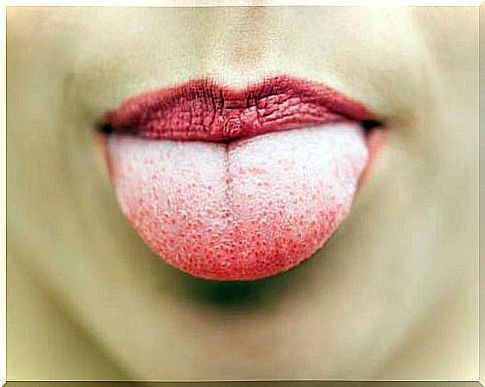
If you have a very light color on your tongue, or see a coating on it that looks like a little cottage cheese, it may be a sign of a yeast infection (candidiasis).
This type of plaque occurs when there is excessive production of candida albicans.
This is an infection that can occur with long-term use of antibiotics or due to diabetes, a weak immune system or high blood pressure.
In any case, if the tongue is white, you may need to see a doctor.
4. Folder in the tongue
If you see creases or wrinkles in the tongue, it may just be a sign of aging.
These folds are usually not painful. However, if you also have poor oral hygiene, your risk of infection will be higher.
For example, a fungal infection can develop in a fold and cause severe pain and a burning sensation.
To solve this problem, all you need to do is have good oral hygiene.
5. Small white spots
If you see small white spots on the tongue, it can be a big problem.
These spots are usually caused by excessive cell growth in smokers.
A percentage of these cells may be early stages of cancer. However, there is a very low probability of this. If they do not go away after a few weeks, you should see a doctor and get some tests done.
6. Blisters or red lesions
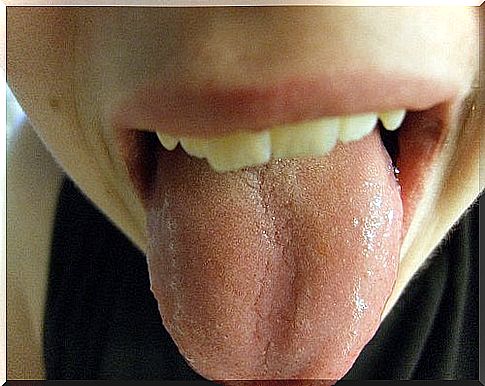
If you see blisters or a series of lesions on your tongue that stay there for a long time, it may be symptoms of a serious illness, such as tongue cancer.
In this case , consult your doctor immediately so that he or she can make sure to complete the appropriate tests.
7. Burning sensation
A burning sensation on your tongue can be the result of a number of significant hormonal changes. This can typically happen during menopause.
Another reason could be that you are using the wrong toothpaste. Some people are allergic to a substance called sodium lauret sulfate, which makes your toothpaste frothy.
If you think you may be allergic to it, try buying another toothpaste and see if it solves your problem.
8. Painful blisters
Finally, if you have painful blisters on your tongue, it may be due to stomatitis.
Although this condition usually occurs in children, 20% of cases occur in adults.
Blisters are a sign of stress and weakened immune system. If they last longer than a week, it is a good idea to see a doctor.
9. Small holes or irregularities in your tongue
They are not very common, but they do exist. These are rare deviations, but not dangerous.
If they do not hurt, there is nothing to worry about. Your tongue is just a little different from the others!
Main image belongs to wikiHow.com


